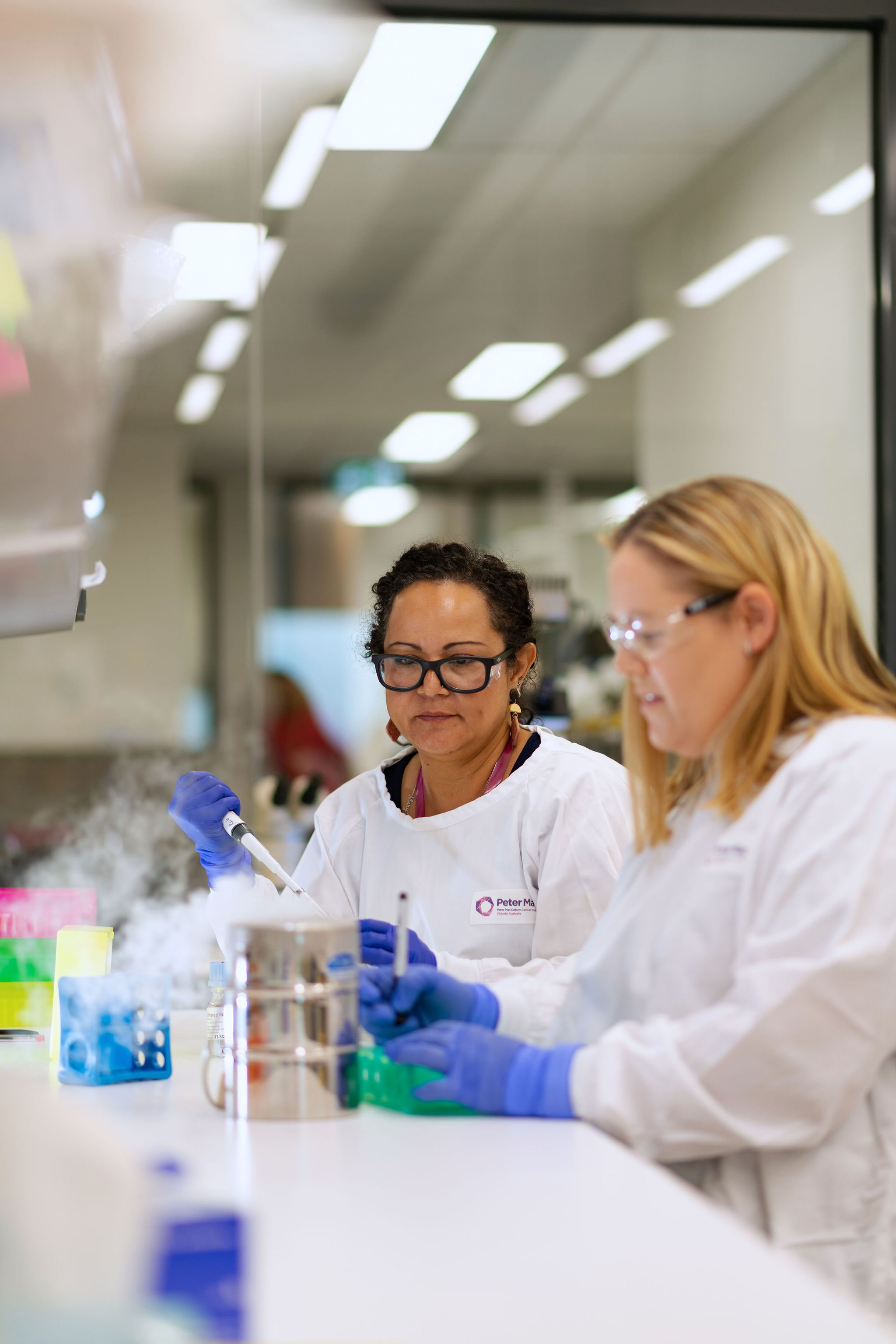DNA and RNA are molecules made up of a four-letter genetic code (nucleotides), a principle that is conserved across all living organisms. The human genome, encompassing the entire genetic code, comprises approximately three billion nucleotide letters; each person has two copies, one copy inherited from each parent. Genomic technologies allow researchers to decode or count specific DNA and RNA molecules to find differences that exist between normal and diseased cells. Cancer is a genetic disease caused by mutations that are either inherited or acquired during life, genomic technologies are extremely powerful tools for discovering mutations in genes implicated in cancer. Discoveries are being translated into new diagnostic and prognostic tests and are used to predict whether an individual will respond to a specific therapy. Such applications enable a more personalised treatment of cancer that increases patient survival and reduces the toxicity of cancer treatment on normal cells and tissues.
Molecular Genomics research capabilities
The Molecular Genomics Core (MGC) works with researchers, clinicians and other research technology platforms to establish the best possible approach for any genomics experiment. Offering expertise on a variety of off-the-shelf products and implementation or customisation of new protocols to meet the complex demands of cancer research.
The Molecular Genomics Core platforms:
Contact Molecular Genomics
Use of the facility is available to external users by fee-for-service agreement, subject to availability. For further information about booking the Molecular Genomics Core facility, please contact us at
Acknowledgments
Molecular genomics has infrastructure funding from -

